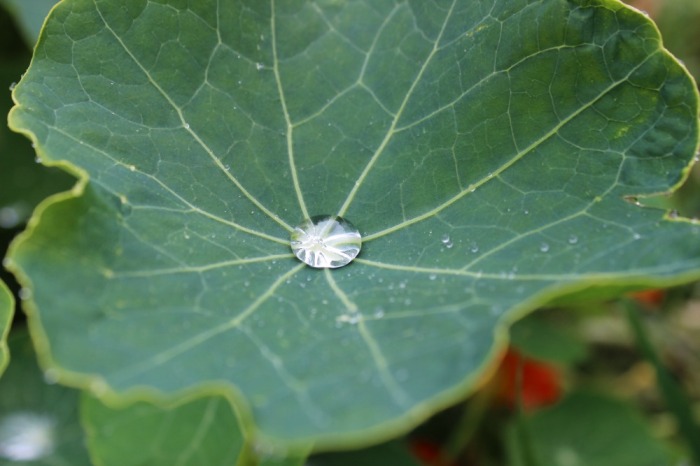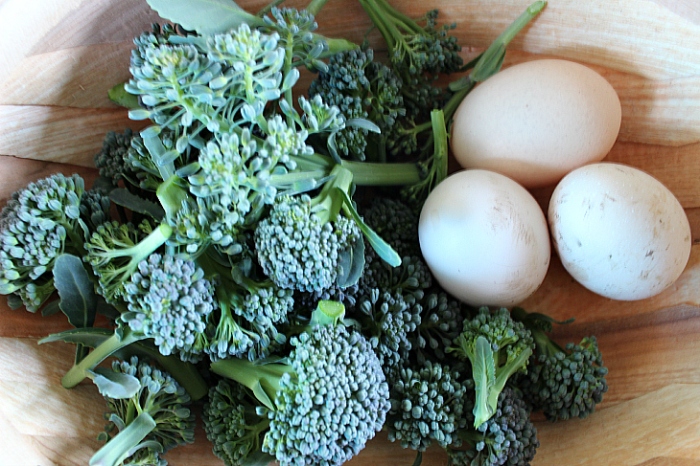A premise of permaculture is that human society should try to move towards a more sustainable and environmentally-aware future. If you agree with this sentiment then this course is likely to be suitable for your family!
We believe that a more environmentally conscious future is more likely if our children grow up sharing the ethics of permaculture; Earth Care, People Care and Fair Share, and if they are equipped with skills to implement these ethics. Growing your own food, using energy wisely, and working with nature (rather than against it) are some obvious examples of such skills, but there are many more covered in the Seedlings course!
Permaculture and permaculture design have been historically the realm of adult study. However, we believe that the underlying basis for permaculture concepts and principles can be easily learned by children.
Children are akin to tree “seedlings”, holding the potential to develop into resilient, healthy adults, well-connected with each other and in tune with their surrounds. Unfortunately, in our busy, consumer-based society we adults can easily become detached from the fundamental idea that we can live happy and productive lives without endlessly consuming and using energy and “things”; permaculture provides a means to bring us and our children back in touch with nature and help us meet our own (and our community’s) needs in a sustainable way.
My child asked me: “What is permaculture?” What is an appropriate answer?
There are many ways you could answer this question, depending on the developmental stage of your child. But you might wish to say that the word permaculture comes from two words that have been squashed together: “permanent” and “agriculture”. If your child does not know what agriculture means, you might want to explain that agriculture is about growing food and other products that people need to survive. Most children will understand the concept of farming, so that might be a good example of agriculture. Permaculture describes a way of living that is a bit like some farming, where we try meet our own needs; to grow plants to feed ourselves, to collect energy for heat or cooking, and to keep animals for food or to make clothing (you could mention chickens for eggs, bees for honey or sheep for wool). There are lots of ways that we can do this, and so permaculture is about doing these things in a way that cares for the environment, people and animals all at the same time!
Permaculture also conveniently can be seen as the combining of two other words ‘permanent’ and ‘culture’. The idea here is that for our culture to survive for a really long time, we need to produce food in a sustainable way and we need to care for the earth and each other.
You can even apply permaculture thinking if you live in a city apartment or if you don’t have a yard. Permaculture is a way of thinking about how to live life in a way that is really healthy for people and good for the earth. To understand it deeper, it’s worth registering in our Seedlings course!
©Spiral Garden 2015.


